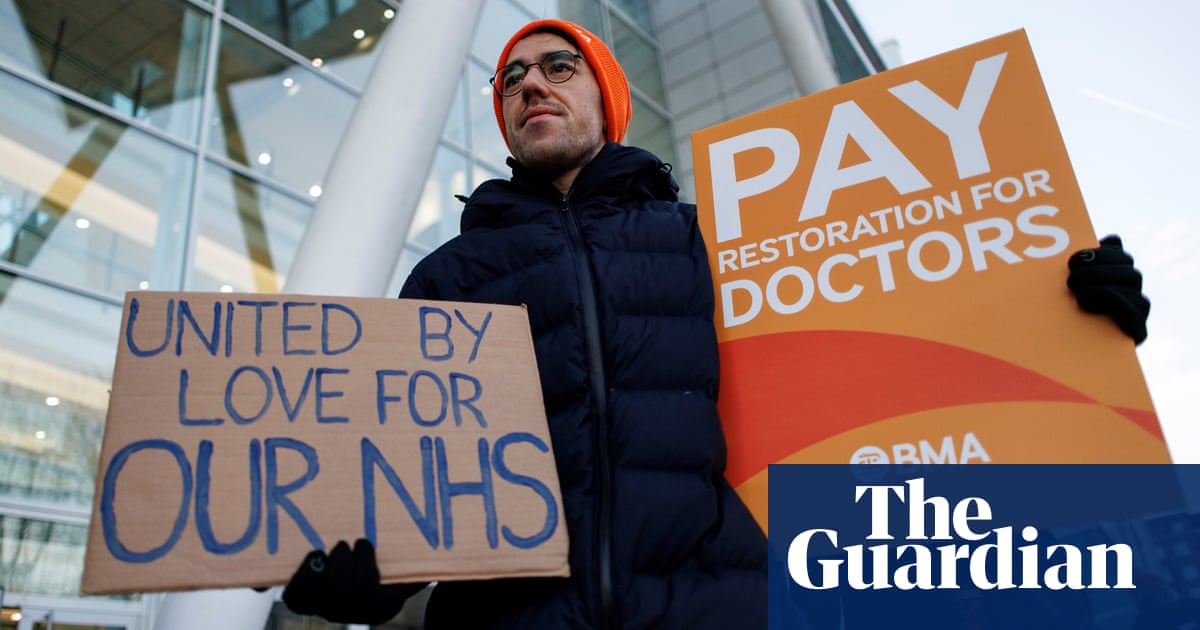
It goes without saying that the lockdown restrictions due to come into force in England represent a serious setback for the economy. This, after all, is deja vu time, and back in the spring during lockdown 1 activity collapsed. Between February and April gross domestic product fell by a quarter.
So when a Whitehall insider says “it’s going to be bad” in response to a question about the likely impact of the lockdown, that’s a statement of the blindingly obvious. What’s at issue is just how bad.
The answer is that even a four-week shutdown will take a sizeable chunk out of GDP because the sectors that will be hardest hit – retail, hospitality, travel, tourism – make up such a big chunk of the economy, around 15% of all activity.
For retail and hospitality the lockdown could hardly have come at a worse time because both sectors usually see takings rise markedly in November and December. For many businesses a good end to the year is the difference between making a profit or loss, and there is a risk that bars and restaurants that just about clung on through the first lockdown will throw in the towel this time.
In part, that’s because there is no certainty about how long the closures will go on for. As Paul Johnson, the director of the Institute for Fiscal Studies, put it: “I can’t say I am terribly confident we will be out of this by 2 December”.
The IFS – a thinktank that specialises in the public finances – had yet to do serious number crunching on what the lockdown would do to the government’s budget deficit, but was forecasting a shortfall of £350bn even before the new restrictions were announced. Johnson’s best guess is that the lockdown will add £20bn to the total.
“There will be a loss of tax revenues and at least one month of full furlough. There were 2-3 million people on furlough in September and the figure in November is likely to be double that.”
Paul Dales, chief UK economist at Capital Economics, said the economy was unlikely to take as severe a hit as that suffered in April, when it shrank by 20%.
“Not everything is going to be closed this time,” Dales said. “People are more used to working from home and the schools are going to stay open. Shutting schools took a lot off GDP both directly and indirectly because parents had to take time off work to look after their children.”
Dales said there was one other reason the contraction would be less severe: even after its recovery since May the economy is around 5% smaller than it was before the crisis. “It has less far to fall”, he said.












